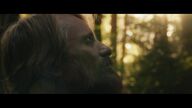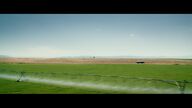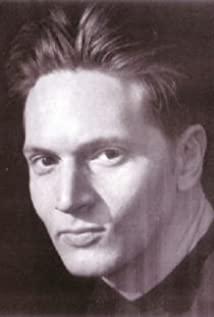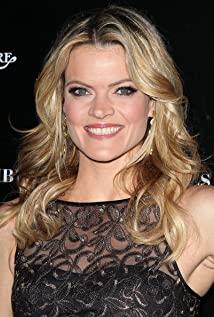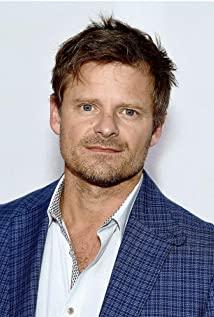Why is "Captain Fantastic" the final chapter? It is mainly based on two classification criteria: one is based on the length of the film showing the forest part; the other is based on the extent to which the protagonist relies on the forest and wilderness. "Swiss Army Knife Man" can be called the most peculiar movie of 2016. As a person with extreme inferiority complex, the male protagonist has the highest dependence on the forest. The scenes of "Swiss" are almost confined to the forest from beginning to end. In the end, the protagonist failed to return to urban civilization. It should be the beginning of the "urban forest adventure trilogy". "Hunting the Barbarians" also spent a lot of time to show the vast forests of New Zealand. In the end, the pair of barbarians, the little boy and uncle, were "arrested". The boy returned to the city to join another foster caretaker's family, which was regarded as a novella. The scene of "Captain Fantastic" showing the forest only accounts for half or less of the film length. At the end, the father intends to completely give up the custody of the six children. In the end, although a few children still live with him, they have already Completely break away from the forest and return to the warm morning light of the city, which is regarded as the final chapter.
Why are only the above three films classified in this way? Movies showing forests are not particularly rare. Movies such as "Wild Hunter" are not included in this category, mainly because this type of movie is still a traditional genre. It's just pure struggle and struggle between man and nature, contradictions and conflicts at the survival level, while urban forest adventure films show more struggles and conflicts at the conscious level, which belong to the category of sociology.
His father is the magical captain. He trained his six children to survive in the forest, making fire, hunting, rock climbing, archery and all the skills needed to survive in the wild. In addition, train them to master the essence of modern civilization such as reading, foreign languages, mathematics, and law. The father was very satisfied with his children, and the children loved their father, but once they were out of the forest and exposed to the city, their words and deeds seemed to be freaks. Because they don't know Nike, Adidas, Coca-Cola and x-box, etc., they are made fun of by their cousins without knowing it.
This film involves educational issues and methods, but this is not the most desired issue to discuss. The father once doubted whether he had harmed his children and his wife who committed suicide because of the pain caused by the disease. The children's grandfather hated the son-in-law and forbid him to attend the funeral of his daughter. The grandfather believed that it was this man who killed his daughter. In fact, it was the children's mother who proposed and decided to live in the forest, away from the hustle and bustle of cold-blooded cities and ugly money society. As the captain of his father, what he did was precisely to protect his family. The children are indeed pure and innocent, strong and knowledgeable, even so as soon as they return to the city, everything becomes out of place. The eldest son knows classical music well, but doesn't know anything about girls who strike up a conversation. The children will eventually grow up, and the father understands that they cannot stay in the forest forever, and cannot sleep under the stars forever, even if it is a pure land of mankind.
"Captain Fantastic" uses forests and roads, stars and bridges, and preys and containers to interpret the contradiction between the purity of idealism and the complexity of pragmatism, showing the irreconcilable conflict between forest spirit and urban civilization.
Author: cherie chik
Article ID: CF035
Date: October 23, 2016
Public number: wordshowu
reprint, please contact me, prohibits unauthorized copying random Rights Reserved, hereby declare, please behave
View more about Captain Fantastic reviews



